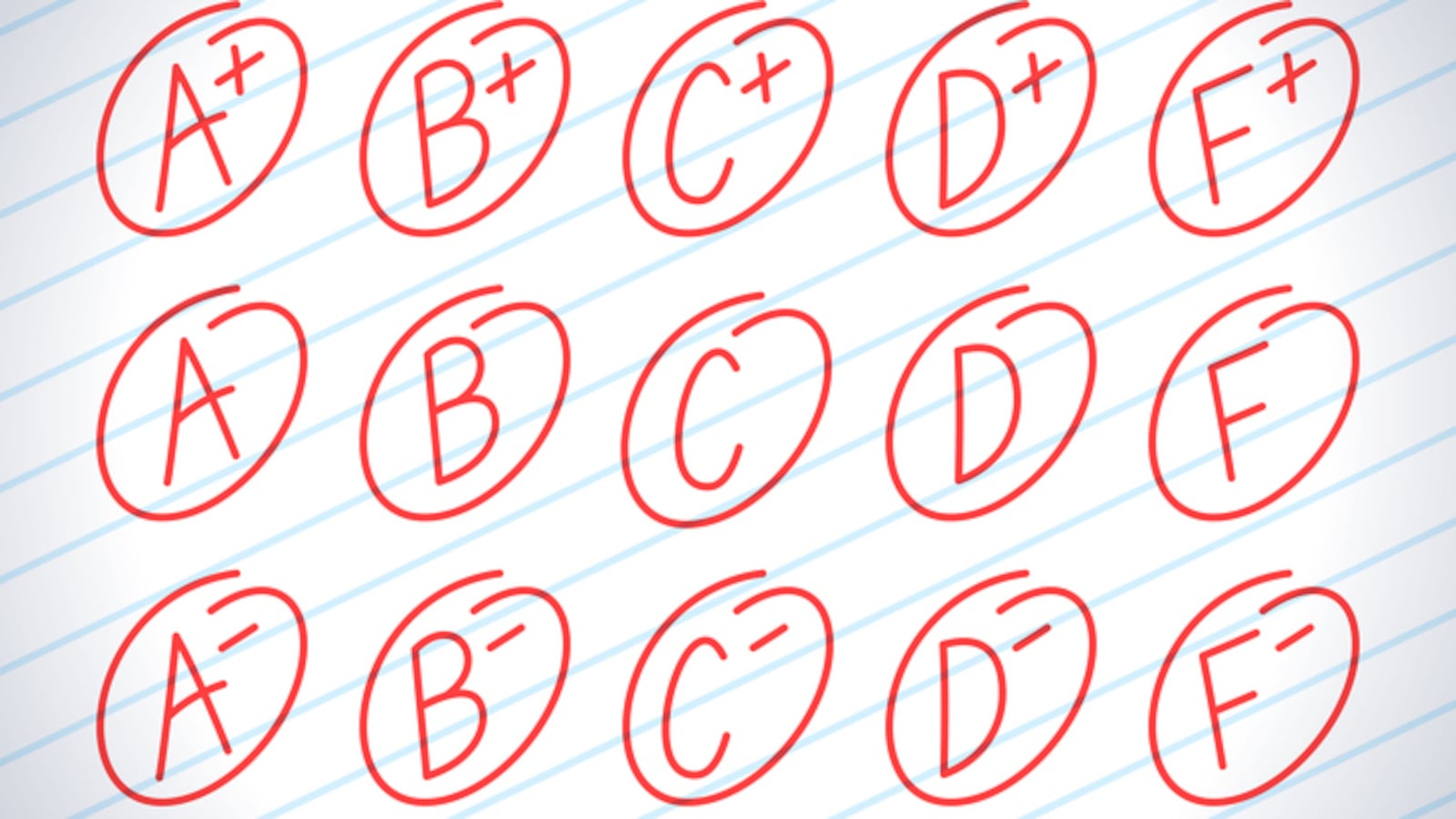Two efforts to issue letter grades to schools in Detroit and across the state are moving at different rates, with one on track to provide that information to the community this month and the other stalled.
The Michigan Department of Education will release letter grades for all public schools in the state by March 31, complying with a controversial state law enacted in December 2018.
But a separate effort by a citywide commission in Detroit won’t happen this year as expected. The Community Education Commission had planned to issue its own letter grades in early 2020. The city grades would have relied more on test score improvement than the state grades.
Both accountability systems are designed to help identify and improve schools that need the most support. That’s important in a state like Michigan, where students have struggled on state and national exams.
Advocates for Detroit’s separate system said it was needed because many students in the city start school far behind academically, and schools should get credit for helping them grow.
Katie Rae Stolper, the commission’s director of operations and accountability, said the citywide grades won’t happen this year. But it appears the grades aren’t a dead issue.
“We continue to work with our board, City of Detroit, and education advocates across the city to provide a common school grading system for all Detroit district and charter schools,” said Stolper.
The commission declined to comment on why the grading system isn’t ready.
William DiSessa, spokesman for the state education department, said letter grades will be available on www.mischooldata.org, the state’s website for education data. The law requiring the grades, which former Gov. Rick Snyder approved in December 2018, mandated that the grades be issued by Sept. 1, 2019.
But the state education department said from the start that the deadline was unrealistic, in part because some of the data needed to calculate the grades would not be available by then. The Legislature, when it approved a budget for the department, changed the deadline for issuing the grades to March 31.
Advocates for the letter grades have argued that parents need an easy-to-understand way to evaluate the quality of schools. But the letter grading system has been criticized because Michigan already has a school accountability system in place that the U.S. Department of Education approved.
The state’s existing accountability system includes a dashboard that provides data on school performance such as test scores, graduation and attendance rates, and expulsions. The dashboard also includes a numerical rating of schools, from 0 to 100, based on academic performance and school quality.
The state’s new A-F system will assign schools letter grades in up to five separate categories: student proficiency, student growth, graduation rates, performance compared with schools with similar demographics, and progress of English language learners.
In addition to letter grades, schools will be ranked based on several factors, including attendance, participation in standardized tests, and the performance of student subgroups. Subgroups in Michigan include students of color, from low-income homes, with special education needs, and English learners.
In Detroit, the Community Education Commission is focused on launching the third edition of its guide to Detroit schools, which was developed to help families identify schools that meet their needs. The guide has thus far not included any academic information about the schools.
The commission, appointed by Mayor Mike Duggan, voted a year ago to deliver letter grades to all Detroit public and charter schools by October 2019. The release of those letter-grades was delayed because the commission was waiting for state data to become available.
Meanwhile, the Detroit Public Schools Community District is moving ahead with its own letter grading system. Spokeswoman Chrystal Willson said the grades will be given to all district schools with the exception of career and technical education centers, special education centers, and alternative schools.


